Every year trends in the travel and tourism industry change, and it comes as no surprise that this year’s are set to vary wildly from the norm as coronavirus restrictions still control where and how we can holiday, forcing families to alter their plans or think differently about how they can travel.
It is clear the need for flexible booking policies remains due to the uncertainty around the reopening of the UK economy. However, a shortfall of new accommodation this year spells opportunity for existing providers. We have researched media and consumer behaviours to identify the top travel trends of 2021 – highlighting different ways accommodation providers can develop new offerings to appeal to guests looking for holidays with these themes.
At the time of writing this, the UK has currently suspended all travel corridors and set up a red list of travel banned countries, from which foreign visitors will not be permitted entry to the UK and returning British nationals will need to pay to quarantine in an approved hotel for 10 days. With Qantas airlines already requiring a proof of vaccination before boarding, and with speculation this practice will become more widespread, it seems domestic tourism will be on the rise in 2021. When the Prime Minister communicated the road map for easing lockdown on 22 February, it was announced the earliest date for anyone to go on an international holiday will be from the end of June. Airlines have seen a massive rise in bookings from this date, although we expect many will choose to remain cautious this year and opt for a holiday closer to home to avoid as much risk as possible.
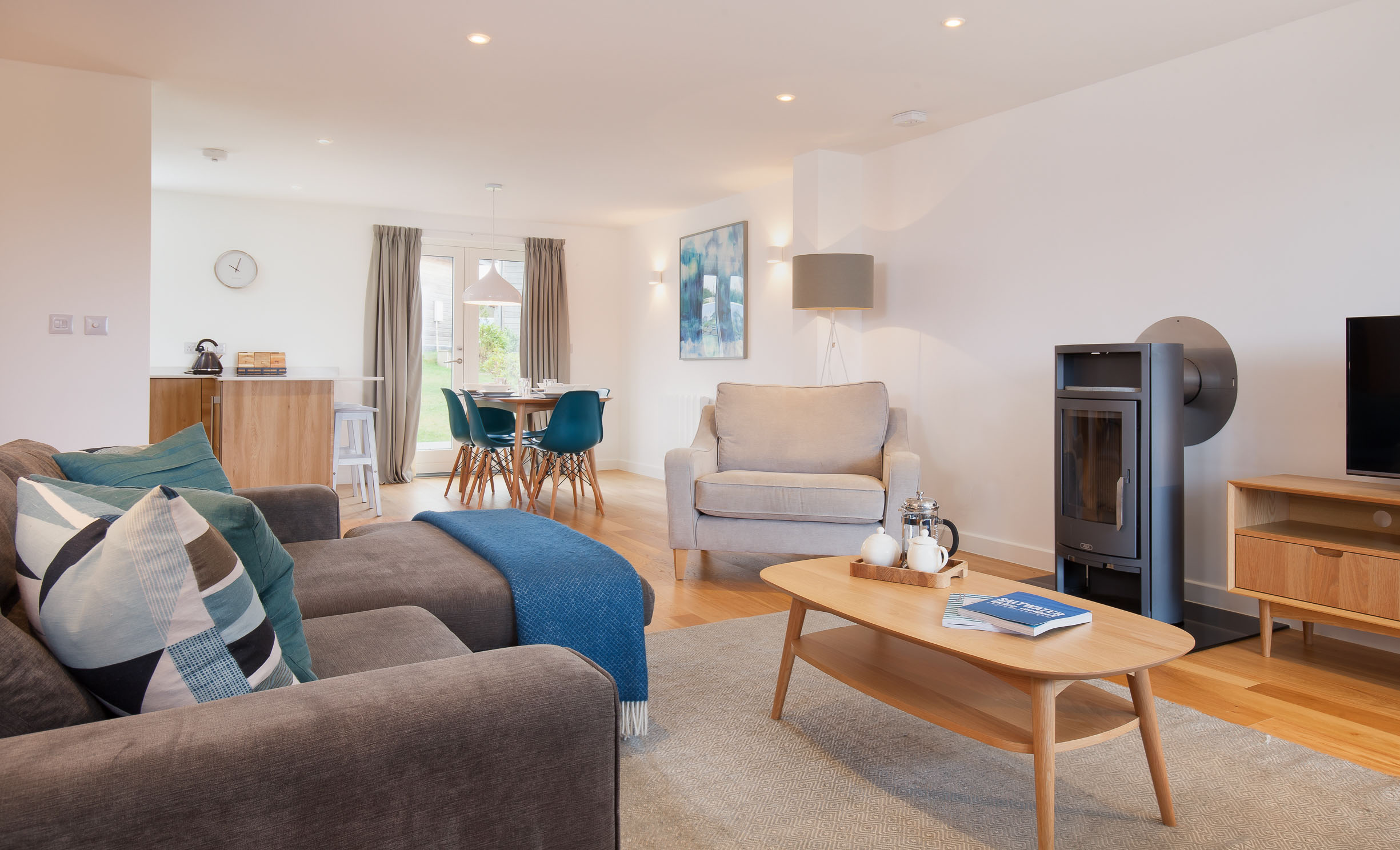
Consumer confidence hit an all-time low during the coronavirus pandemic. People now more than ever want to make sure they feel safe and secure when making the decision to go on holiday. With reports that social distancing will remain in place for some time yet, the draw of having your own space to relax in is a must. This is one of the main reasons self-catering is in such high demand, along with it being the first area of tourism which will be allowed to reopen as the UK emerges from lockdown.
If you’re a hotel or bed and breakfast, think about how you can offer more in-room experiences for those guests who may be nervous about using communal areas. For example, breakfast delivered to their rooms, or spa treatments being brought to them.
With the majority of grandparents not being able to see their children and grandchildren over the last year, it is predicted that there will be a huge surge in bookings for multi-generational breaks in the second half of 2021 when restrictions are set to be lifted. This is likely to continue past 2021 too, as older generations are understandably going to be nervous about international travel for some time – so may save those big ticket breaks for next year.
Now is the time to think and talk about how you can help families reconnect after a long period of absence. For example, perhaps you have a large cottage which will suit multiple generations, or the option for grandparents to stay in a hotel while the rest of the family stay in self-catering, meeting up for mealtimes and activities. Group activities and experiences will also be in high demand, so think about teaming up with your local attractions to expand your offering.
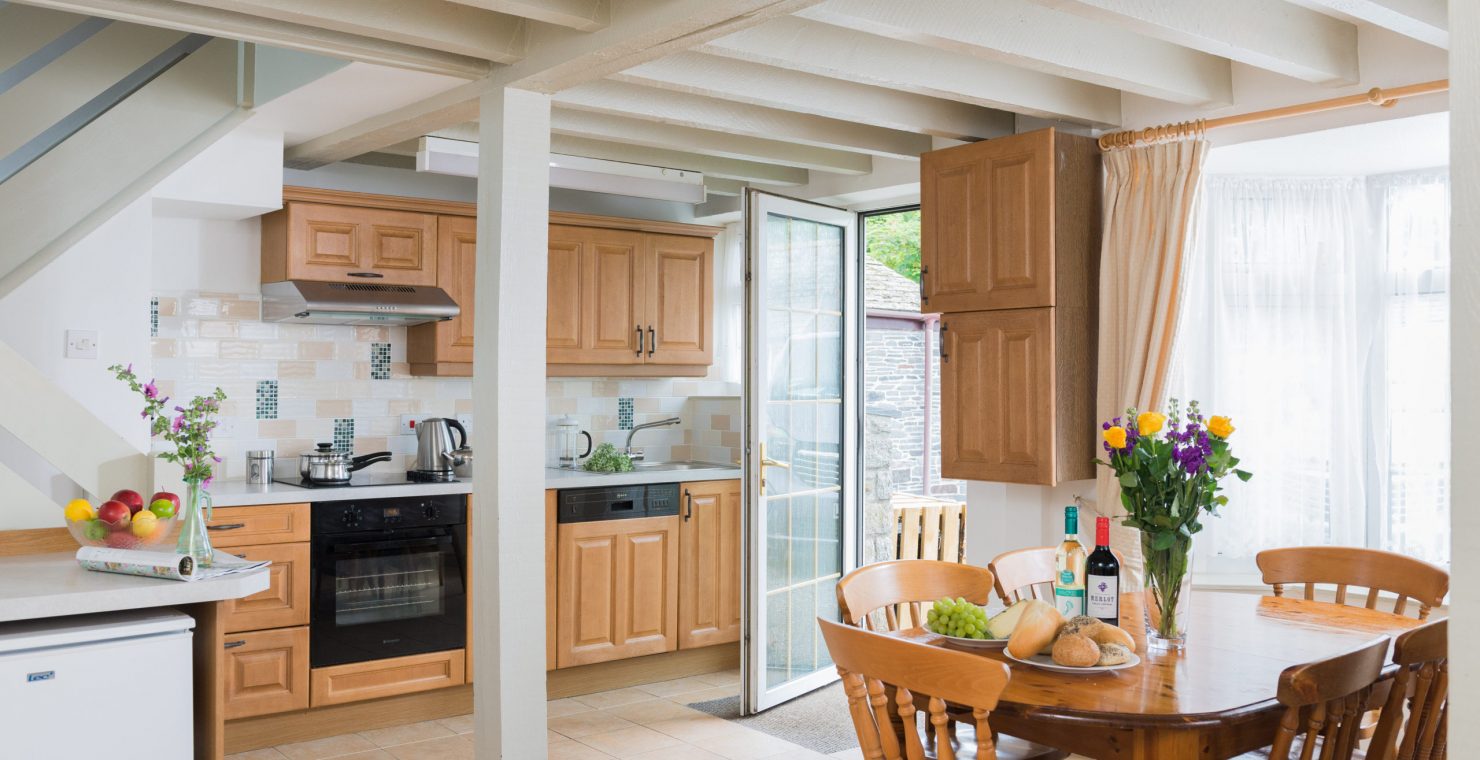
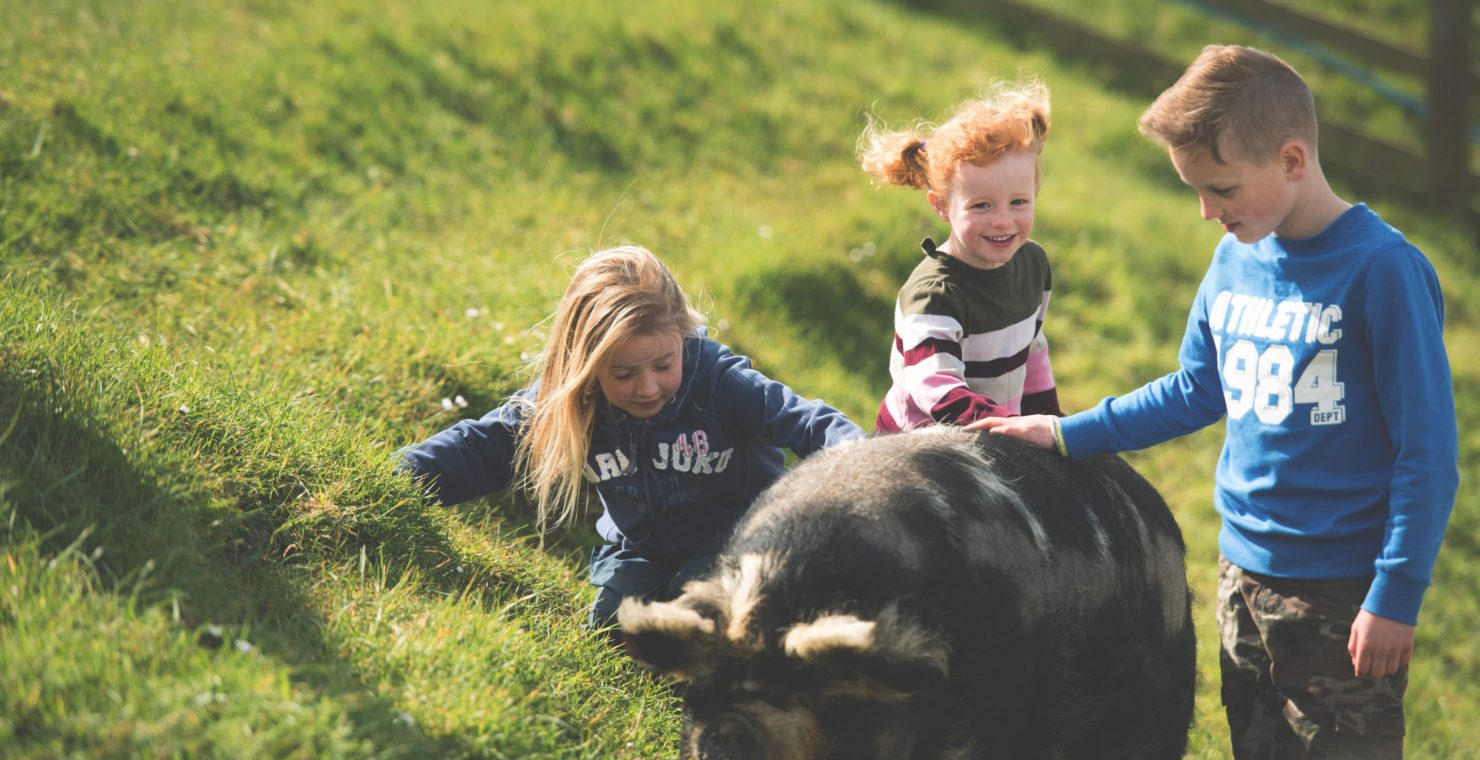
With so many people now working from home, the opportunity to enjoy working from pretty much anywhere in the world is now at the forefront of people’s minds. Provided with a good, stable internet connection, workers can continue their new day-to-day lives whilst enjoying a change of scenery in their downtime.
This is one of the more simple trends to make the most of, and is accessible to the majority of holiday accommodation providers. Be sure to include information about a specific workspace in your marketing, such as a desk with plenty of plug sockets. In larger properties, having this area away from the main living space will mean families can continue to enjoy the holiday without disrupting work time.
Britain’s mental health has taken a hit due to Covid-19. Between March and July 2020, NHS Digital Figures Data shows there was a 15% increase in urgent and emergency referrals of people in crisis.
While simply taking a holiday is by no means enough to help those suffering with long-term mental health issues, many people who are experiencing temporary low mood due to the pandemic are looking to lift their spirits by taking a break away from home this year – with lots of them looking to practice mindfulness in a structured way.
Many holiday companies and accommodation providers have already adapted to this trend by focusing on yoga or meditation retreats, paddle boarding for mindfulness, and digital detox walking holidays to name a few. Perhaps this is something you offer already, in which case it’s time for you to put them at the forefront of your marketing efforts.
If it’s not, consider how feasible it would be to start offering these sorts of breaks, or team up with a company which can help you to do this. Be careful not to offer activities which are entirely new and don’t reflect the ethos of your destination though, as it’s really important that your team is genuinely knowledgable and passionate about these areas and can enhance a customer’s break in a helpful, fulfilling way.
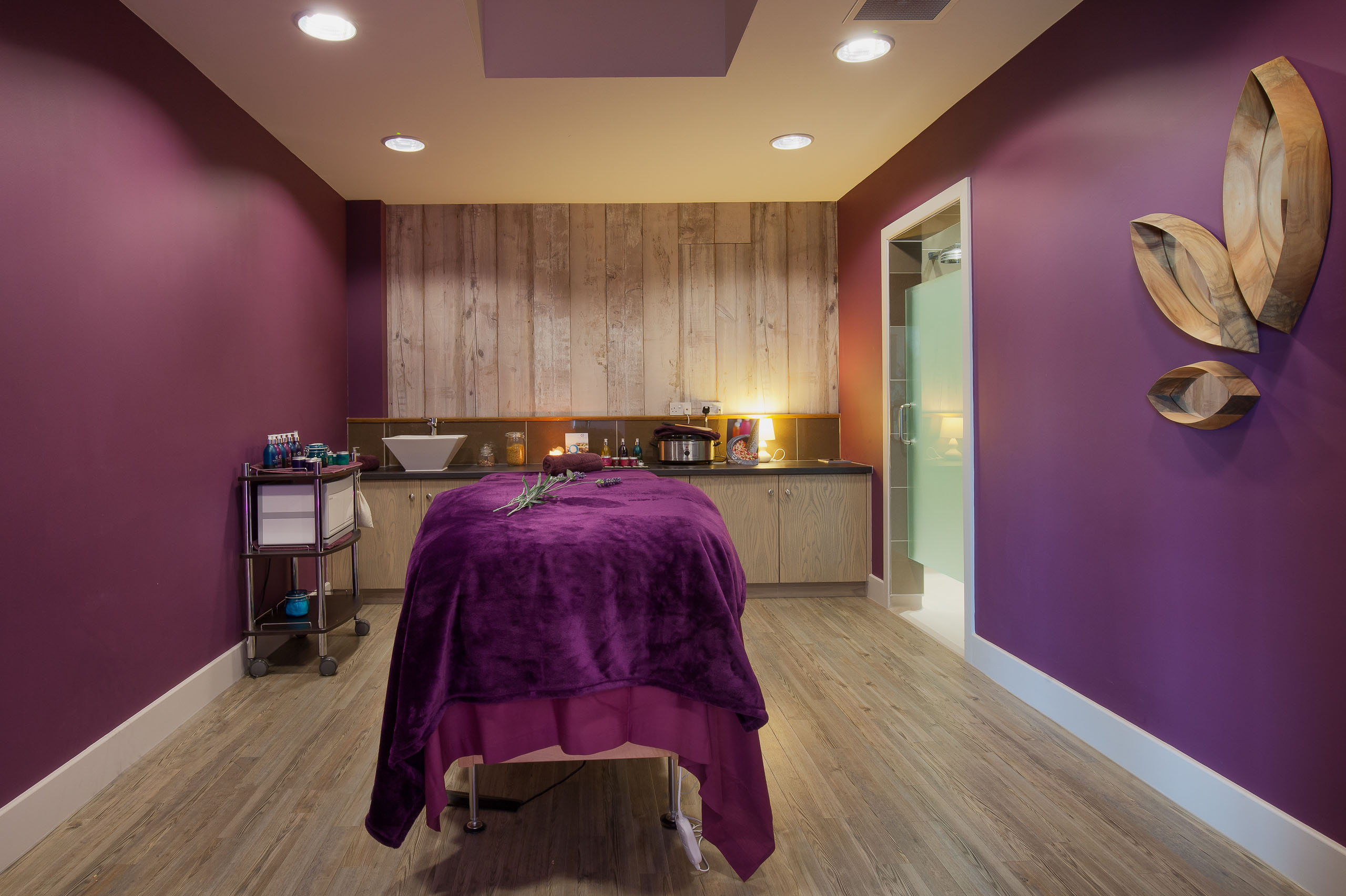
It comes as no surprise that there looks to be an increased desire for trips where the outdoors is a feature. After a year of regularly being told to stay indoors, travellers are more than ready to be visiting places where nature is accessible and space is plenty. Whilst urban areas might remain a destination for some, it seems a growing majority are excited to visit places outside of their local area, where they can spend time exploring the outdoors away from the crowds.
Cornwall, for example, is a destination many visit for its outdoor offerings, and has a good opportunity to be a top spot for domestic travellers this holiday season (in no doubt helped by national TV programming). Advertising local outdoor offerings is recommended, and we think the coming season will see the accommodation providers who can most effectively communicate these be in high demand.
Nervous expectation of crowded beaches and busy town centres also gives accommodation providers off the beaten track a great opportunity to sell their holiday as one away from the masses.
Sustainable holidays have become something that many people expect. It is thought some research their desired destination before booking to check out their sustainability credentials, ensuring they align with their own values. Regenerative travel is becoming a more advanced part of this, where tourists look to repair damage in the area they are visiting, not just minimising their impact.
Hotels situated within large grounds are starting to utilise their space by creating kitchen gardens to grow produce to use in their restaurants, such as The Pig hotels. With zero food miles and a focus on seasonal produce, they’re able to offer a sustainable experience which is valued by their guests.
And it’s not just the accommodation and experiences throughout the holiday which people are being mindful about. Eco travel is also high on the agenda, with people looking into alternative ways to get to their holiday which is more environmentally friendly, such as driving in an electric car – highlighting the need for local charging points. Train travel is also on the up. It has always been popular in Europe, with some of the most scenic landscapes en route making journeys even more special. The practicality of this type of travel in rural parts of England makes it less attractive – so perhaps think about offering transfers to and from train stations, and giving holidaymakers access to bikes to help them get around when they are staying with you.
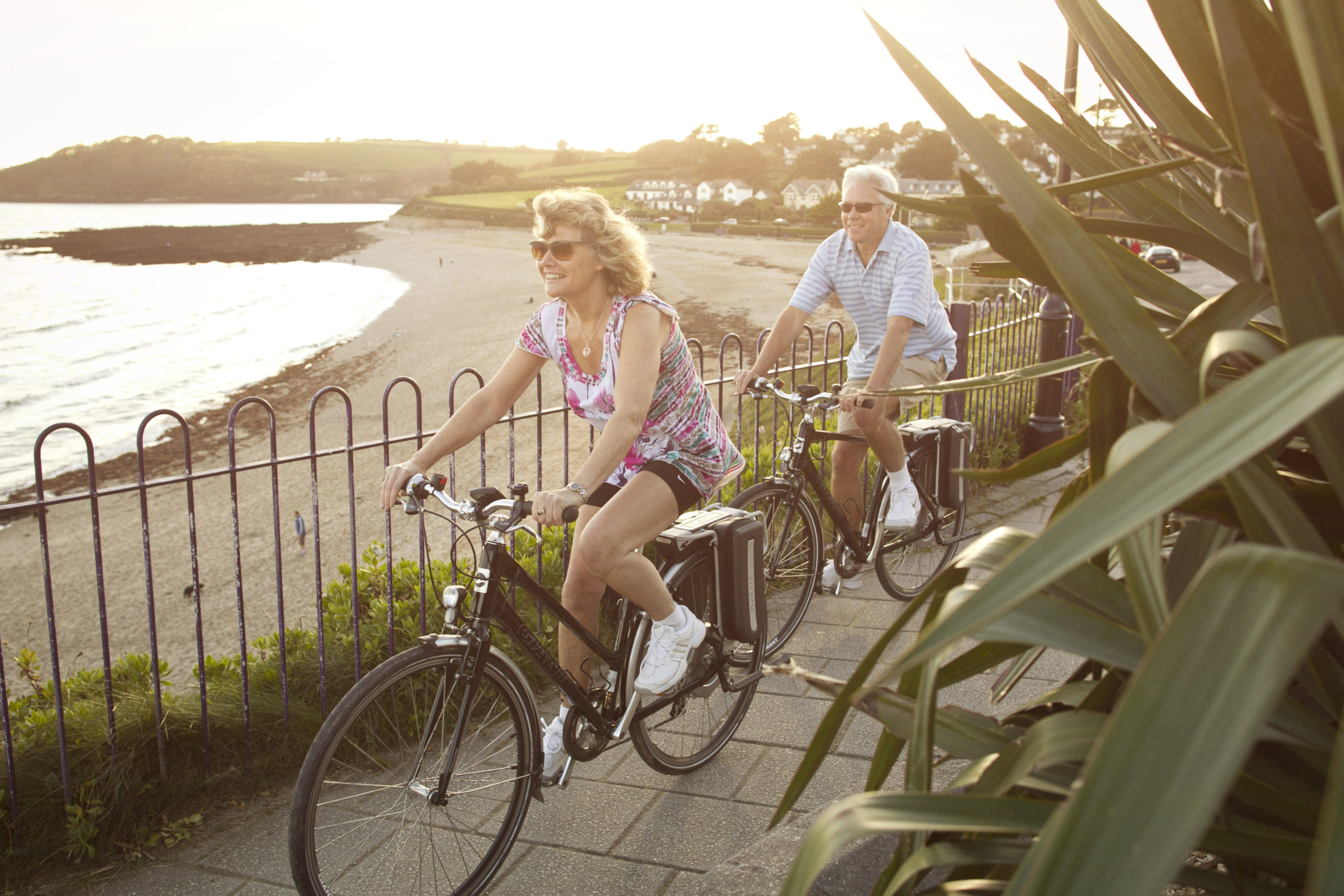
With almost a year cooped up at home and endless hours to while away, consumers are looking at new ways to occupy their time by learning new skills, whether that’s learning a new musical instrument, relaxing with arts and crafts, or finding a love of watersports.
This applies to holidays too – and it’s up to accommodation providers to cater for this. Perhaps your guests have developed an interest in cookery, and would love to up their game in a cookery class with your hotel’s chef? Or maybe they want to improve their painting or surfing technique with a face-to-face lesson.
Take a look at the facilities you have available at your hotel, bed and breakfast, or holiday let – in addition to potential partnerships you can set up with other companies – and see if there’s anything you can use to make your accommodation more appealing.
There is also a great opportunity here to upsell these experiences amongst those who have already booked, either in person, or through your marketing activity.
Growing steadily in popularity, camper van and road trip style holidays are a great way for people to stay self-contained, and are likely to continue to grow into 2021 and beyond, offering flexibility and a greater connection to the outdoors.
Whilst they may not stay in one area for long, the campers and van dwellers still need a safe place to pull up in, and opportunities exist for pubs and those with a bit of extra land to charge for an overnight spot, and entice them in for a hot meal and drink.
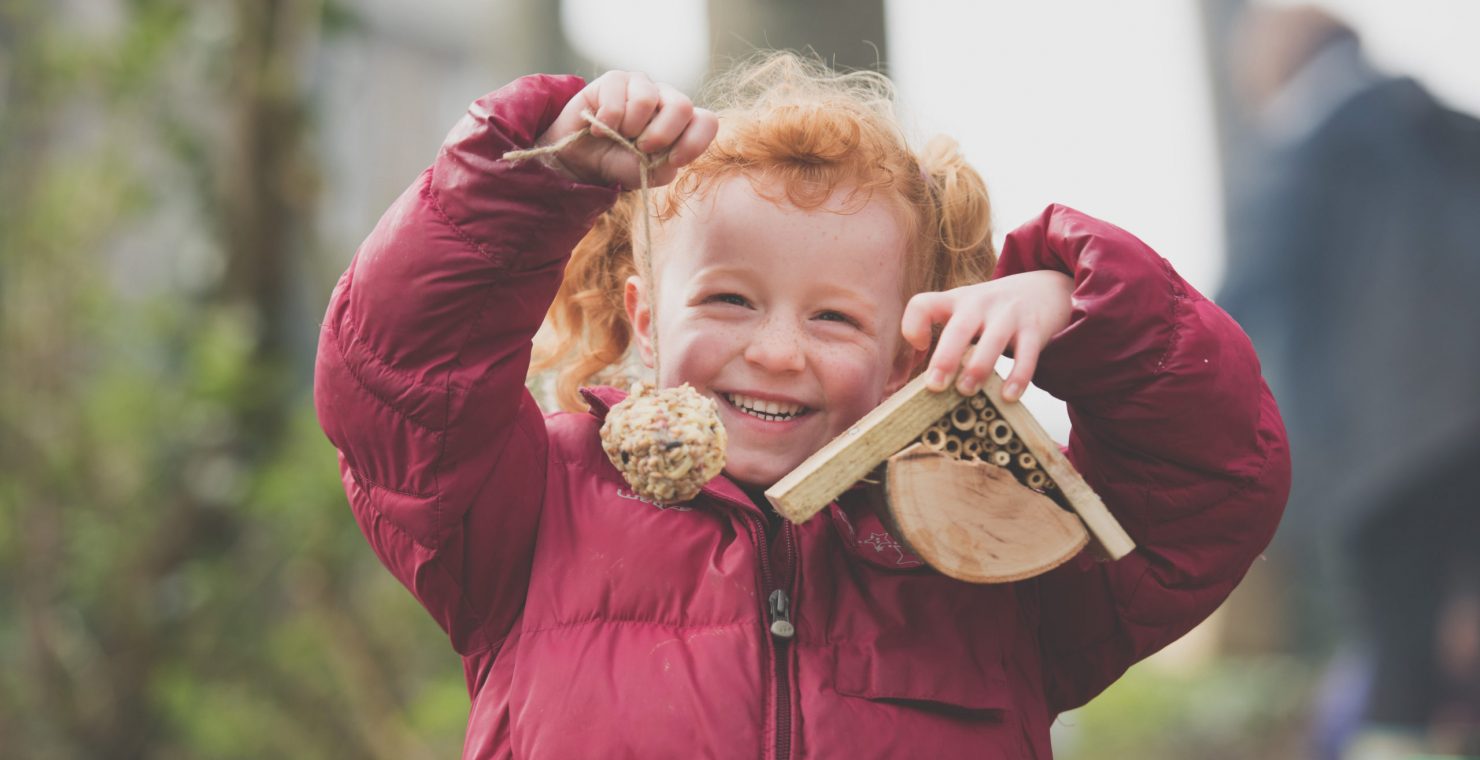
Already offering holidays which align with these trends and need help getting your message out there? Our team of marketing experts is on hand to help with your marketing strategy, and we can offer services including social media, email marketing, and public relations. Contact us today to see how we can get your marketing moving.